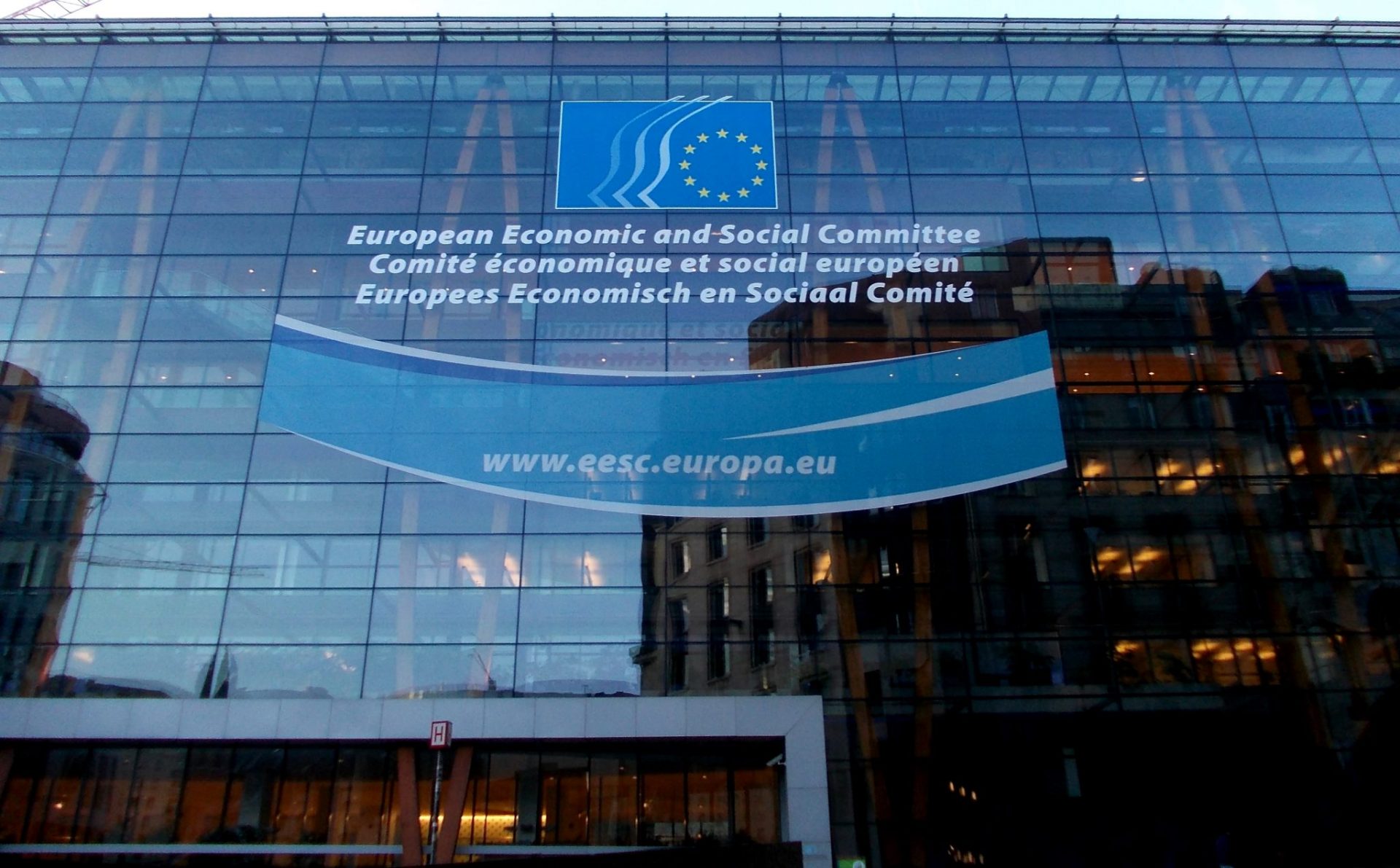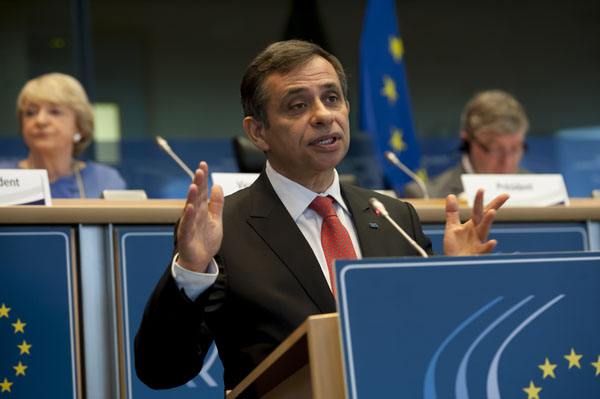
[authorbox authorid=”98″ title=”The Author”]
After the Commission’s adoption of the “Proposal for a Regulation of the European Parliament and of the Council on specific provisions for the European territorial cooperation goal (Interreg)”, on the 7th of September 2018 the European Economic and Social Committee’s ECO section presented the “draft opinion” adopted unanimously with the support of Henri Malosse, former EESC’s president and current honorary chairman of Vocal Europe.
The document is going to be adopted without any scheduled debate on the next EESC Plenary section on the 19th of September.
The European Territorial Cooperation (ETC) is one of the European Cohesion Policy’s goal aimed at promoting the cooperation among EU Member States and neighbouring countries in order to further synergy in economic, social and territorial developments. The aforementioned goal is pursued through joint actions, exchange of experience and network constructions at the national, regional and local level.
Furthermore, the ETC considered in all of its aspects is a helpful means for the integration enhancement and for countering the alarming wave of nationalist and populist tendencies that seem currently crossing Europe. With regard to the European Territorial Cooperation 2021-2027, a debate has been held within the EECS leading to the proposal of an array of recommendations to be adopted to overcome those shortcomings emerged by the ex-post evaluations.
The EECS agreed with the Commission about several points, such as the “Simplification shock”. The latter includes the adoption of simpler rules for the direction and management of the programmes enshrined within the ETC, as well as searching for balance concerning the projects’ size, so that the reduced lump sum procedure is used for administration and management activities: that is fundamental in order to adopt a more concrete and concentrated approach on the outcomes of the measures.
Other converging points stressed by the EECS concern the “additionality”, which is referred to the reduction of the co-financing rate from 80% to 75% within the financial framework and can allegedly lead to the discouragement of private players and the least favoured regions from participating as well as the improvement of the partnership with the civil society both in the consultation process and implementation of measures.
Which could be considered as the most efficient recommendations if we take into consideration the current international challenges? A relevant point would be the Henri Malosse and EESC recommendation concerning the needs of increasing the cooperation with non-Member states, which represents one of the core parts of the ETC.

Given the turbulent international scenario, the enhancement of the cooperation in terms of cross-border, transnational, regional and maritime activities could be helpful in order to increase burden sharing of the current problems and threats as well as the adoption of common and more efficient strategies. The EESC suggests to involve into the cross-border cooperation countries that are not directly bordering the EU in order to avoid the growing of differences between countries which benefit from the EU-border area.
Another interesting suggestion would be the new distribution of territorial cooperation support upheld by the Commission which proposed the withdrawing of the cooperation in maritime issue from the cross-border field in order to avoid the overlapping of different cross-border programmes.
The EESC recommended to create a new cooperation category for the maritime and island cooperation measures particularly in favour of those islands that belong to the same sea basin, through the allocation of a specific budget and the exchange of experiences in order to enhance the security and policies effectiveness level.
Finally, EESC considers the spread of digitalization and the promotion of European youth as current key areas of intervention. Both of these aspects could raise the European cooperation level. The contribution given by investments in digital component is aimed at reducing the divisions between regions as well as between rural and urban areas in the same regions, through the exchange of experiences and cooperation in those vulnerable and less digitally-developed countries.
Hence, the development of digitalization could represent an integration boost and work as a tool to enable societal collaboration, new forms of cooperation and new ways of harnessing local resources. This is an opportunity that should not be converted in a vulnerability.
Moreover, EESC proposed the use of youth exchange programs, such as the ERASMUS+, language learning and vocational training programs in order to involve youth into the initiatives adopted.
So, measures should be adopted in order to include youth into cross-border and transnational cooperation programmes. As a result, the cultural exchange will be developed; there will be the possibility to face current issues in a common manner and the feeling of being part of a common region will be spread among young people.



